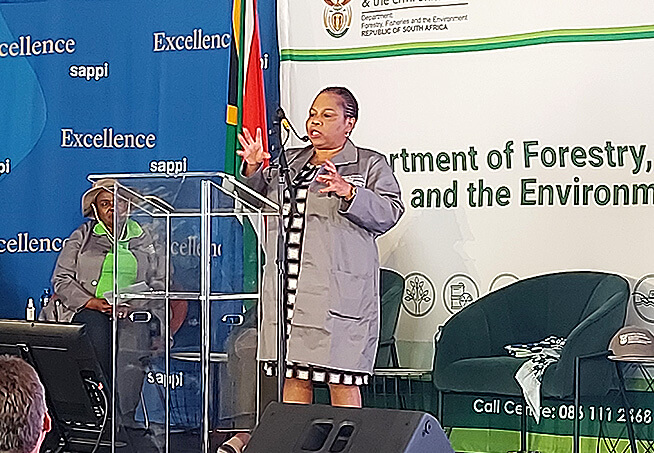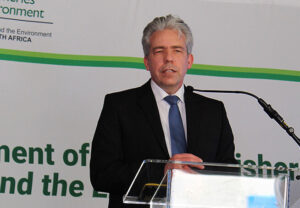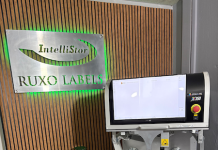
With the theme this year of ‘Forests and Sustainable Production and Consumption’, Sappi was ideally positioned to kick off the official launch of the National Arbor Month campaign with an overview of the company, setting the scene as to how sustainably-managed forests forms the basis for a circular economy, and using the power of trees and renewable resources to create sustainable products.
The Deputy Minister of Forestry, Fisheries and the Environment, Makhotso Sotyu, was hosted by Sappi in Mpumalanga at its Ngodwana Nursery, as part of the campaign on 1 September 2022.
‘As an anchor tenant in the rural economy, Sappi is intent on increasing access to the forestry value chain for more participants. Our Sappi Khulisa programme, which has over 3600 participants has yielded a total volume 4,731,488 tons to the value of R2.9 billion since 1995, and in addition we have more than a hundred SMEs that train, mentor and guide to become fully entrenched into the value chain. Not only do we provide the skills, but we also provide the offtake market which allows for economic growth and development for these participants, supporting our priority Sustainable Development Goals SDG 1, No Poverty and SDG 8, Decent Work and Economic Growth,’ he said.

In keeping with the theme of Arbor Month, which is aimed at the need to conserve, protect and plant trees for environmental and human related ideals, Roothman discussed Sappi’s extensive conservation efforts that are recognised through internationally accredited forest certification systems like the Forest Stewardship Council™ (FSC™ N003159); and Programme for the Endorsement of Forest Certification™ (PEFC/01-44-43). Approximately 135,000 hectares of our land is set aside and maintained by Sappi Forests to conserve the natural habitat and biodiversity found there, including indigenous forests and wetlands. This includes seven declared nature reserves on our landholdings in Mpumalanga and KwaZulu-Natal, in addition to 166 Important Conservation Areas, all which actively demonstrates Sappi’s support for SDG15, Life on Land and SDG13, Climate Action.
An overview of the manufacturing capabilities of the Sappi Ngodwana Mill was provided, along with the role that the Ngodwana Biomass Energy Project – which forms part of the government’s Renewable Energy Independent Power Producers’ Programme (REIPPP) – plays in generating 25 MW of green energy and contributing to Sappi’s support of SDG7, Affordable and Clean Energy. Using biomass to generate renewable energy is yet another example of how Sappi uses the full potential of every tree harvested, in support of SDG12, Responsible Consumption and Production, and in perfect alignment with the theme for Arbor Month.
The official programme at Sappi ended when the Deputy Minister and members of the delegation planted three Warburgia salutaris trees in keeping with the Arbor Month tradition.
SAPPI
https://www.sappi.com/




















